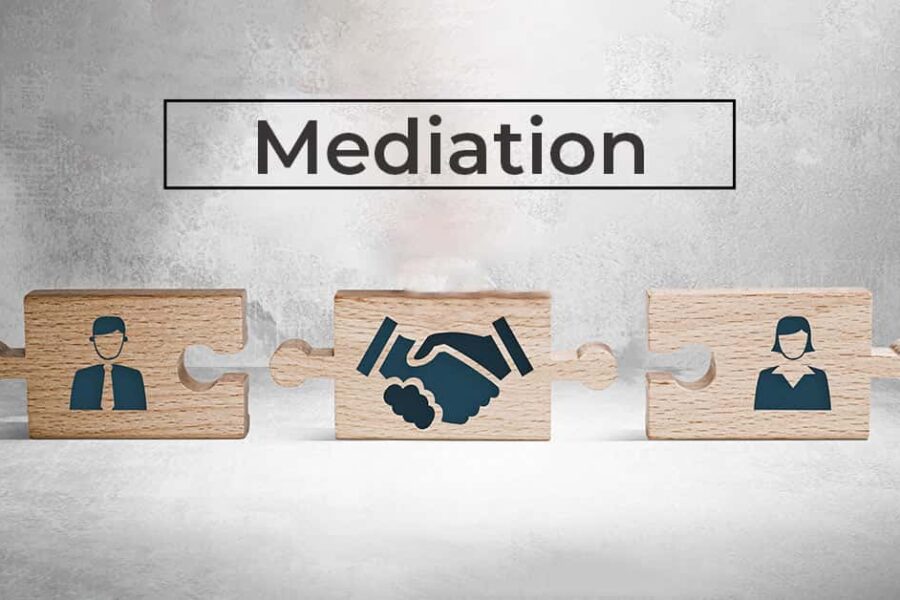Mediation Act 2023
What is Mediation?
“Mediation” includes a process, whether referred to by the expression mediation, pre-litigation mediation, online mediation, community mediation, conciliation, or an expression of similar import, whereby parties attempt to reach an amicable settlement of their dispute with the assistance of a third person referred to as mediator, who does not have the authority to impose a settlement upon the parties to the dispute.
History
The Mediation Act, 2023 received the assent of the President of India and was notified in the Gazette of India on September 15. The Mediation Bill was introduced on December 20, 2021, before being referred to a Parliamentary Standing Committee on Personnel, Public Grievances, Law and Justice headed by Sushil Kumar Modi. The committee submitted its report to the Rajya Sabha chairperson on July 13, 2022. It was passed by the Rajya Sabha and Lok Sabha on August 1 and August 7 respectively.
Object of Mediation Act 2023
An Act to promote and facilitate mediation, especially institutional mediation, for the resolution of disputes, commercial or otherwise, enforce mediated settlement agreements, provide for a body for registration of mediators, to encourage community mediation, and to make online mediation an acceptable and cost-effective process and for matters connected therewith or incidental thereto.
Who is a mediator?
“Mediator” means a person who is appointed to be a mediator, by the parties or by a mediation service provider, to undertake mediation, and includes a person registered as mediator with the Council.
Mediation Agreement (Section 4)
A mediation agreement can be included as a clause in a written agreement or as a separate written agreement. According to the Mediation Act, a written agreement can be any document signed by the parties or an exchange of communications or letters, including electronic communication as permitted by the Information Technology Act, 2000. Additionally, if one party alleges the existence of a mediation agreement in any pleadings or other proceedings and the other party does not deny it, that would also be considered a valid written agreement. Furthermore, parties can choose to submit a dispute to mediation even after the dispute has already arisen between them.
Written by Adv Rohit Yadav D/8639/2019

